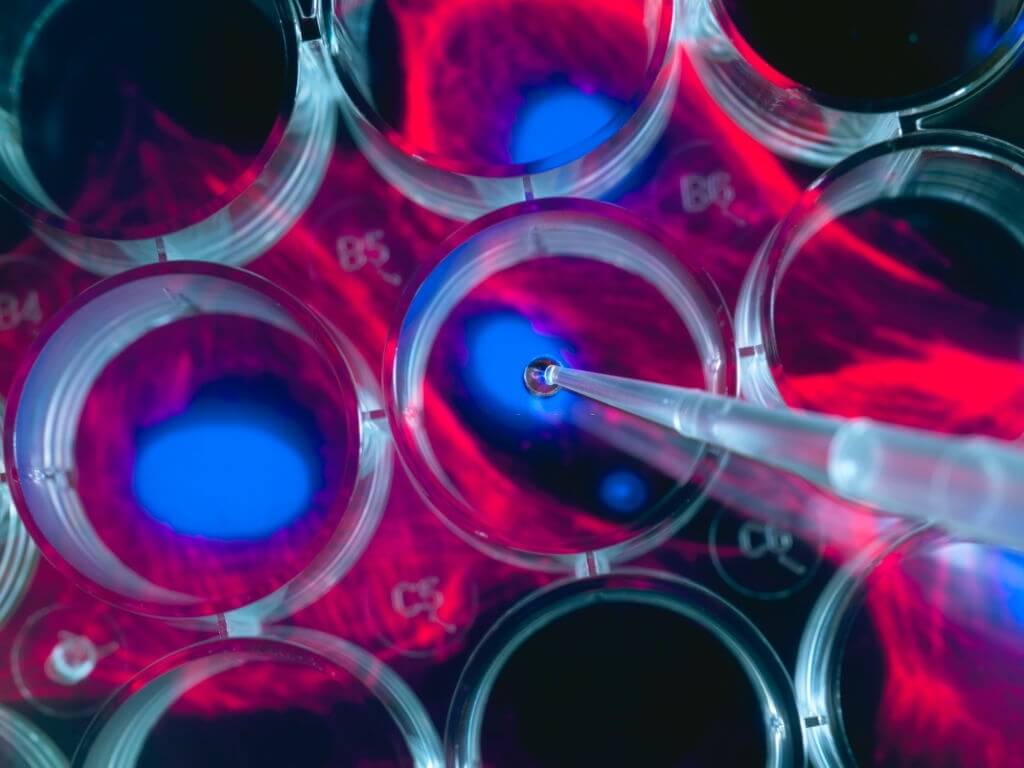There is an enzyme called TG2, this enzyme is known to help cancer spread quickly, and it plays a crucial role in regulating T-cells. Daniela Matei, MD, the Diana, chief of reproductive science in medicine in the department of obstetrics and gynecology and is the author of the study.
According to this author, inhibiting TG2 is not only non-cancer cells but also boost immunity; this is how inhibiting these cells acts as cancer therapy.
Duel Effect Due To Anti-Cancer Inhibitor
Matei is a professor of medicine in the division of hematology and oncology; he said that “if we invent an anti-cancer drug that inhibits TG2, it could work in cancer and host cells”.
His laboratory has studied ovarian cancer for over a decade; in this, he studied the impact of elevated TG2 in ovarian cancer. He found that TG2 is helping to increase cancer and it is spreading to other locations in the body, but the impact of TG2 in normal cells has remained unknown.

Among females worldwide, the number of breast cancer and ovarian cancer is constantly increasing, which is a serious concern for experts as well as people at large. To mitigate the upcoming challenges in this field, a team of experts has come up with a study where the effects of the anti-cancer inhibitor are checked, and a further line of treatment is decided accordingly.
It is named as enzyme TG2, which has got a significant role in controlling the cancer cells and their spread all over the body. If it can be controlled cancer can also be curbed, said an expert.
In this same study, Matei and co-author Bin Zhang, MD, Ph.D., and professor of medicine in microbiology-immunology. They studied the expression that of the gene that codes for TG2 in ovarian cancer as mouse models.
Surprisingly, some analyzer has found that the loss of TG2 in normal cells has more immune response compared with the cell which has TG2 in them. The cells which have lost TG2 have an imbalance state of STAT proteins which causes an increase in cytotoxic T-cell activity, which leads to a state where reduced tumor progression.
Matei believed that “TG2 is necessary to the body, loss of that enzyme leads to some compensatory mechanism”. Matei and his collaborates are currently working on ways to inhibit TG2 in cancer cells, and they are developing some inhibitors which will work on immune cells as well.
Matei explained their current developed inhibitor as they designed the blocker in such a way that they can block the adhesion that is created in between the cancer cells and the extracellular matrix, but the other designs can kill cancer cells, and the cancer progression can be delayed and alter the anti-tumor immunity.
According to a recent study, up to 80 percent of kidney cancer has accounted due to the expression of a particular metabolic enzyme and unpropitious epigenetic modulating feature in renal cells. The Robert h. Lurea comprehensive cancer center has received a merit extension award from the national cancer institute. One of two comprehensive centers has received that recognition.
In recent findings, a chimeric antigen receptor [CAR] called Tisagenlecleucel is used in T-cell immunotherapy in pediatric patients. It has demonstrated safety and efficacy in patients who have relapsed and refractory B-cell acute lymphoblastic leukemia.
Other findings of the research are that we can prevent harmful side effects from the common drug used in chemotherapy can be prevented with some sort of mutations by targeting retinoic acid receptors.
U.S Department of Veterans Affairs has supported this research. The Diana Princess of Whales provided the professors from the Robert H. Lurie Comprehensive Cancer Centre, the Walter s., and Lucienne Driskill Immunotherapy Research Fund.